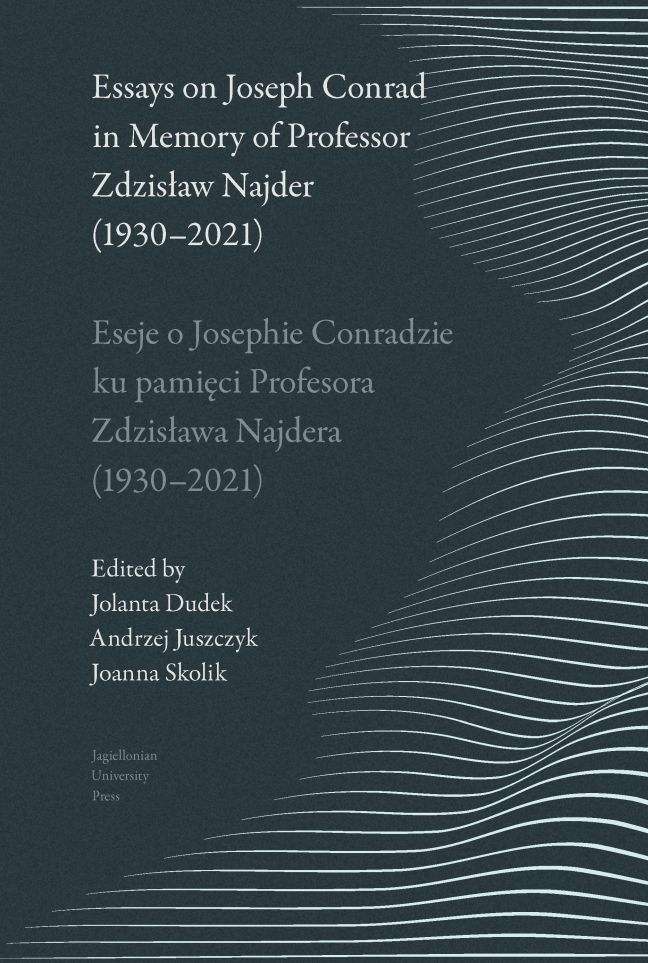Book contents
- Frontmatter
- Contents
- Part I
- Part II
- Bibliografia publikacji i audycji medialnych Zdzisława Najdera o Josephie Conradzie / A Bibliography of Zdzisław Najder's Publications and Media Programmes on Joseph Conrad
- Notes on Contributors / Noty o autorach
- Author Index / Indeks nazwisk
- Miscellaneous Endmatter
Conrad's Personal Voice
Published online by Cambridge University Press: 01 March 2024
- Frontmatter
- Contents
- Part I
- Part II
- Bibliografia publikacji i audycji medialnych Zdzisława Najdera o Josephie Conradzie / A Bibliography of Zdzisław Najder's Publications and Media Programmes on Joseph Conrad
- Notes on Contributors / Noty o autorach
- Author Index / Indeks nazwisk
- Miscellaneous Endmatter
Summary
While Zdzisław Najder's Joseph Conrad: A Life (1983, 2007) is widely acclaimed for the author's insights into Conrad's Polish background, his Conrad in Perspective: Essays on Art on Fidelity (1997) places Conrad's work within a broad European philosophical, historical, cultural and literary context. In my own work on Conrad I have found, and continue to find, both these books indispensable.
What is perhaps less known in Conrad studies is Najder's significant contribution to narrative analysis, not least the intersection between narrative analysis and reader response criticism. Highlighting this aspect of Najder's work, this essay will identify and discuss aspects of Conrad's “personal voice” in one of the author's most original works of fiction, Lord Jim (1900). My argument is that in this novel, a key text in the Conrad canon as well as in European modernism, Conrad's personal voice is identifiable in, and thus represented by, a unique combination of narrative agents and components that cumulatively serve to constitute the narrative communication of a remarkable literary text. By no means exhaustive, my discussion will assume the form of a commentary on three selected passages from the novel; these passages are, I argue, illustrative of different yet related aspects of Conrad's personal voice.
Najder uses the term “personal voice” in his essay in Joseph Conrad: Voice, Sequence, History, Genre (2008). That this volume is a contribution to the “Theory and Interpretation of Narrative” series published by The Ohio State University Press is in itself a strong indication of the chapter's pertinence to the study of narrative; moreover, “voice,” the first word of the subtitle, is a key narrative concept discussed not just by Najder but also by other contributors to the volume.
In his essay, which is the first chapter of the abovementioned book, Najder calls for more critical attention to the ways in which “the personal voice in Conrad's fiction” engages the reader of Lord Jim. Taking his cue from the much-discussed contrast between the third-person narrative of the novel's first four chapters and the “personalized knowledge” of Marlow and his interlocutors that the reader encounters from chapter 5 onwards, Najder's discussion invites the reader to reflect on the dual roles of first-person narrators (as tellers and characters).
- Type
- Chapter
- Information
- Publisher: Jagiellonian University PressPrint publication year: 2023

